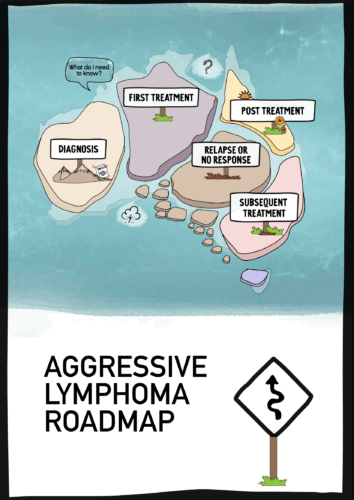Welcome to our October 2025 Health Professional Newsletter
- National Lymphoma Health Professional’s Conference 2026
- Health Professional Education Dinners
- Expression of Interest: Melbourne/Adelaide Lymphoma Care Nurse
- The Aggressive Lymphoma Roadmap
- Spotlight on Diffuse Large B-Cell Lymphoma
- Lymphoma and CLL Treatment Updates
- Upcoming Events and Webinars
- Crossword
- Join our Special Interest Group
- Meet Our Lymphoma Care Nurse
- Go Lime!
CLICK HERE to read the Newsletter
DOWNLOAD and Print A4 Health Professional Conference flyer here
